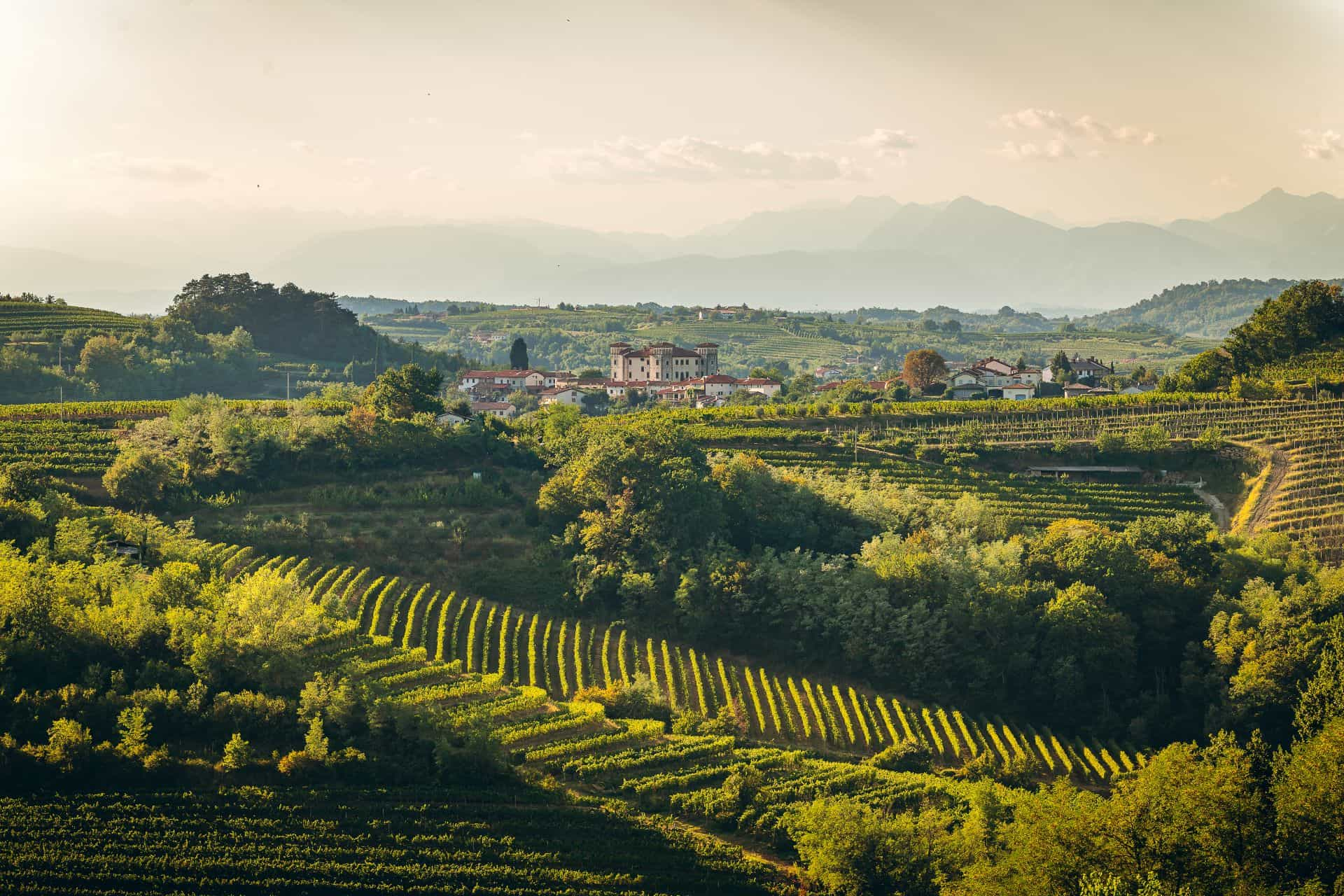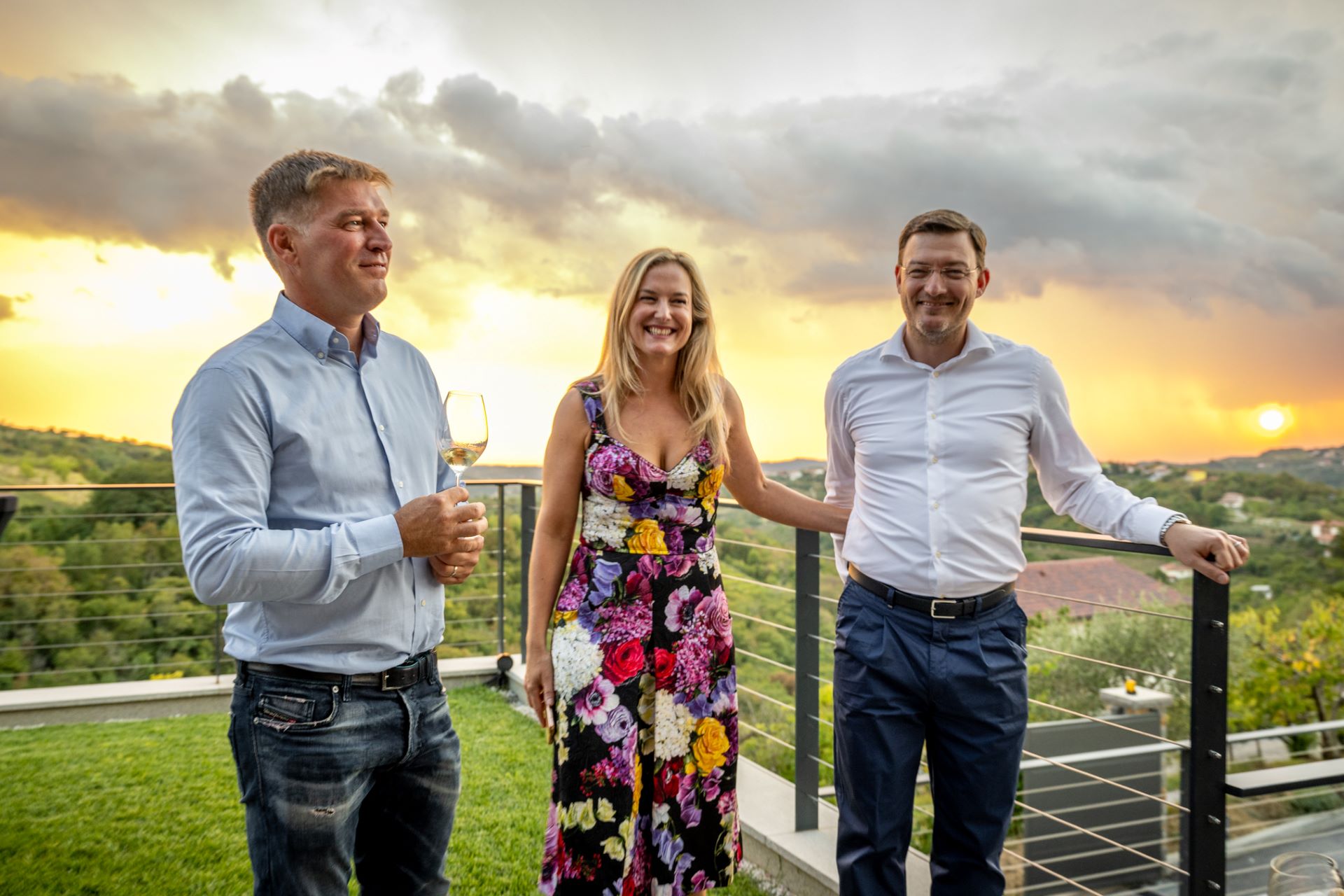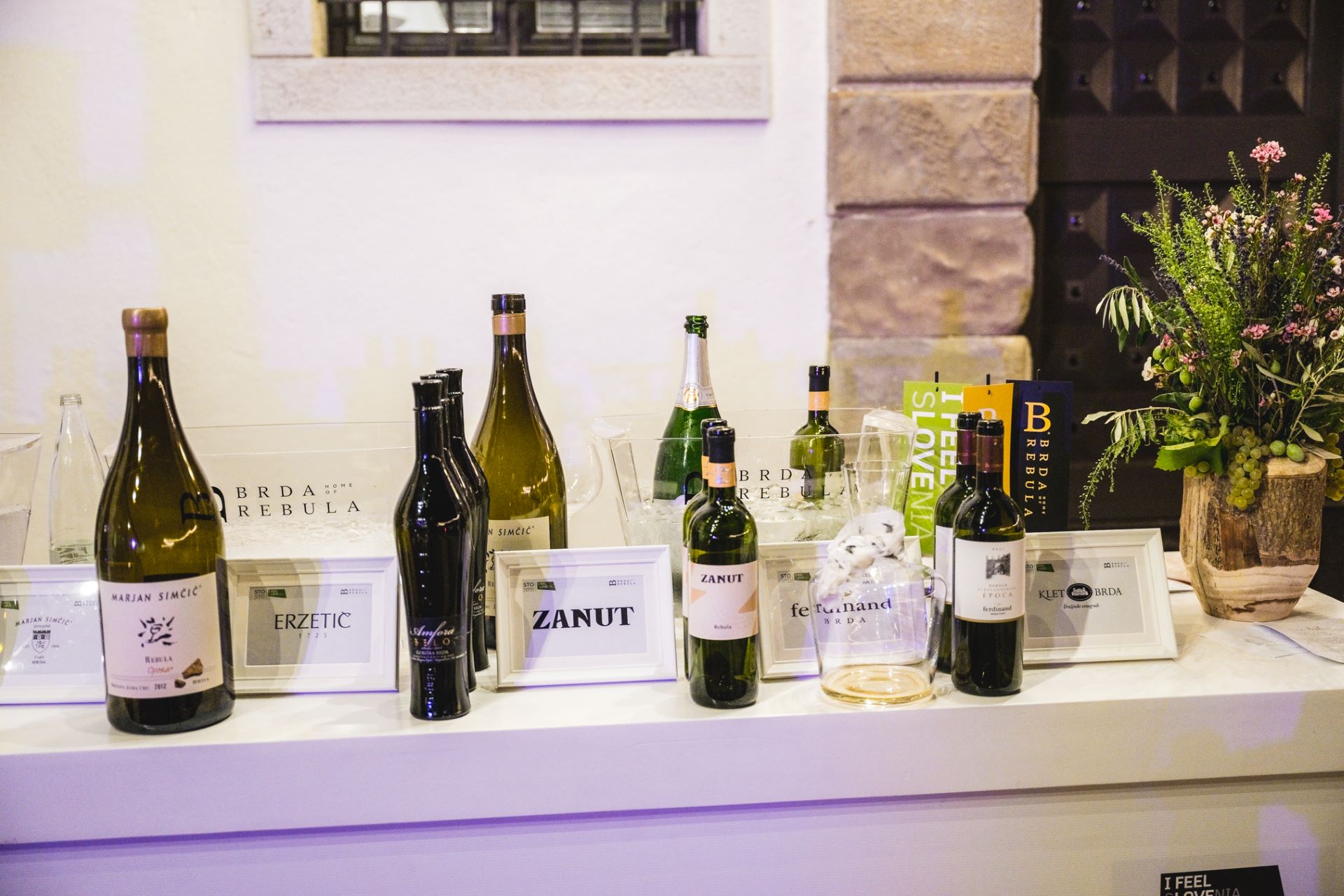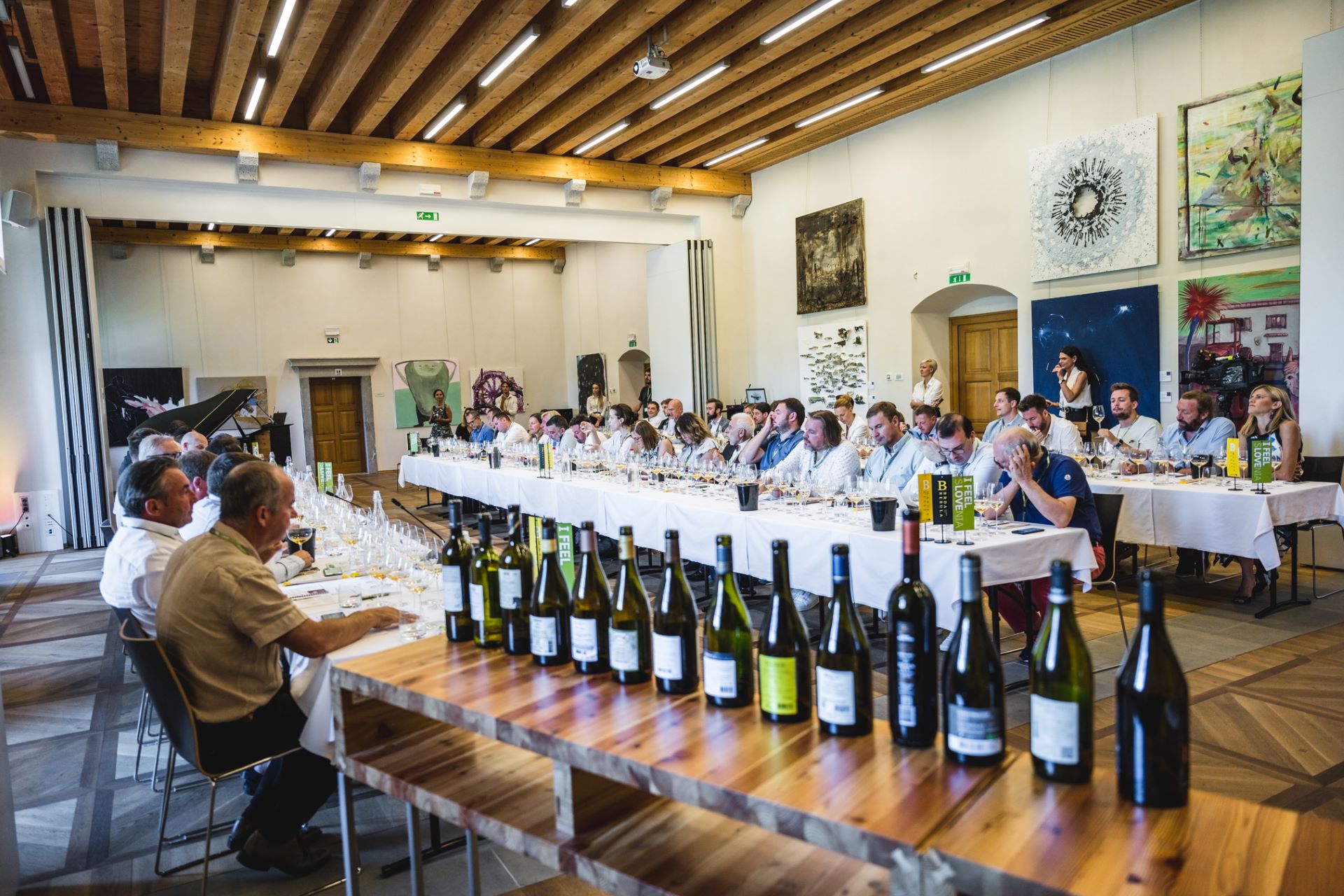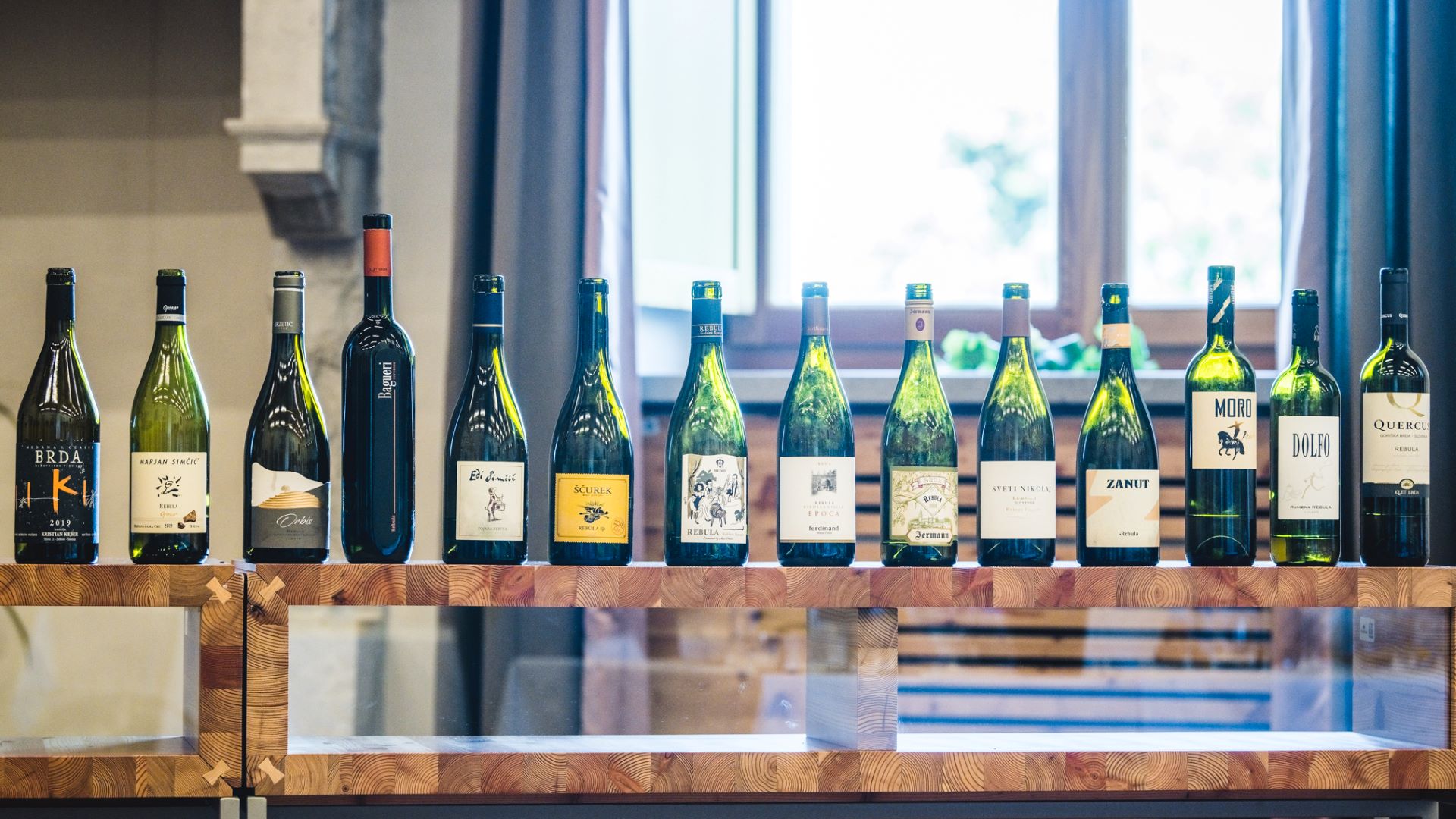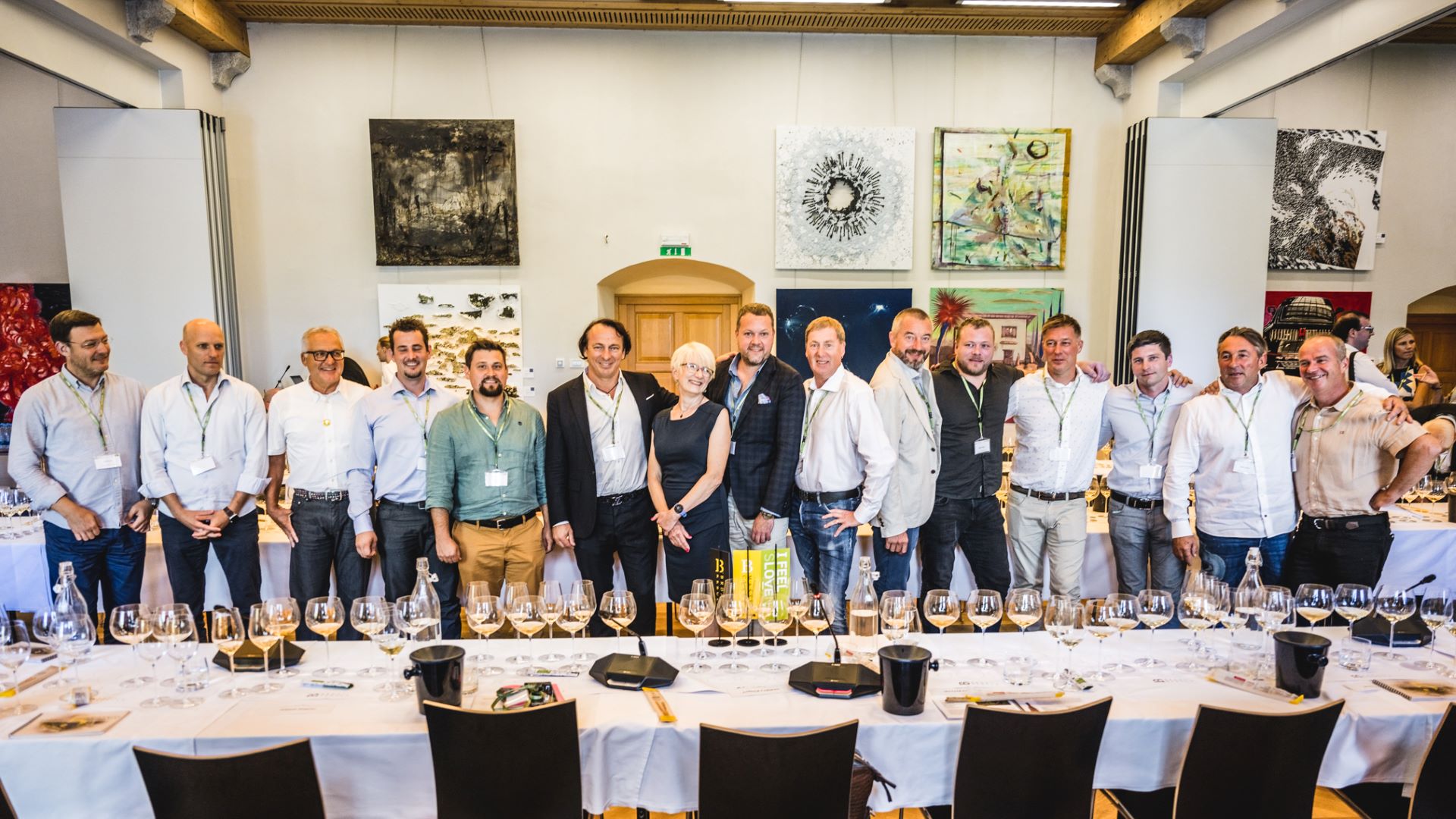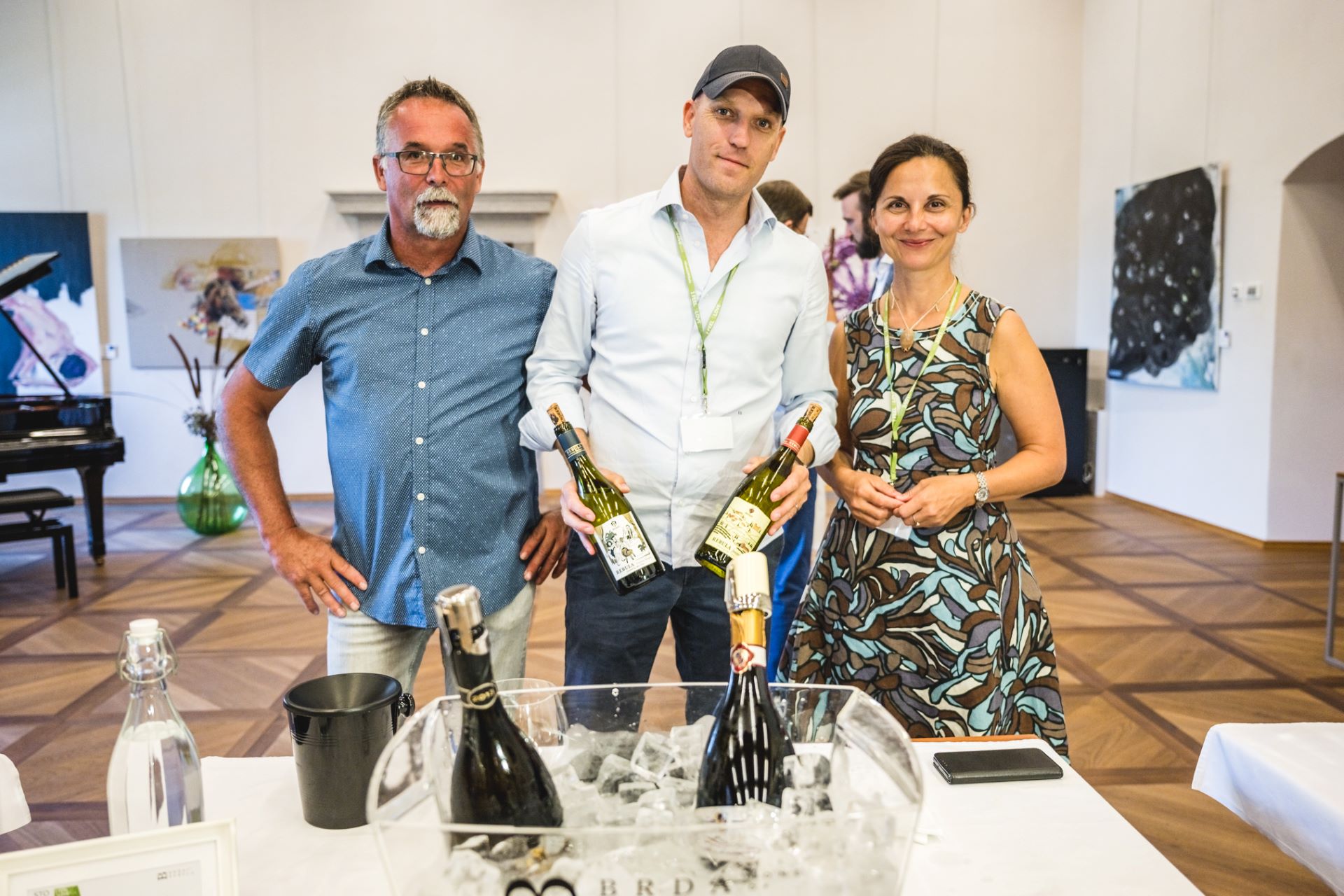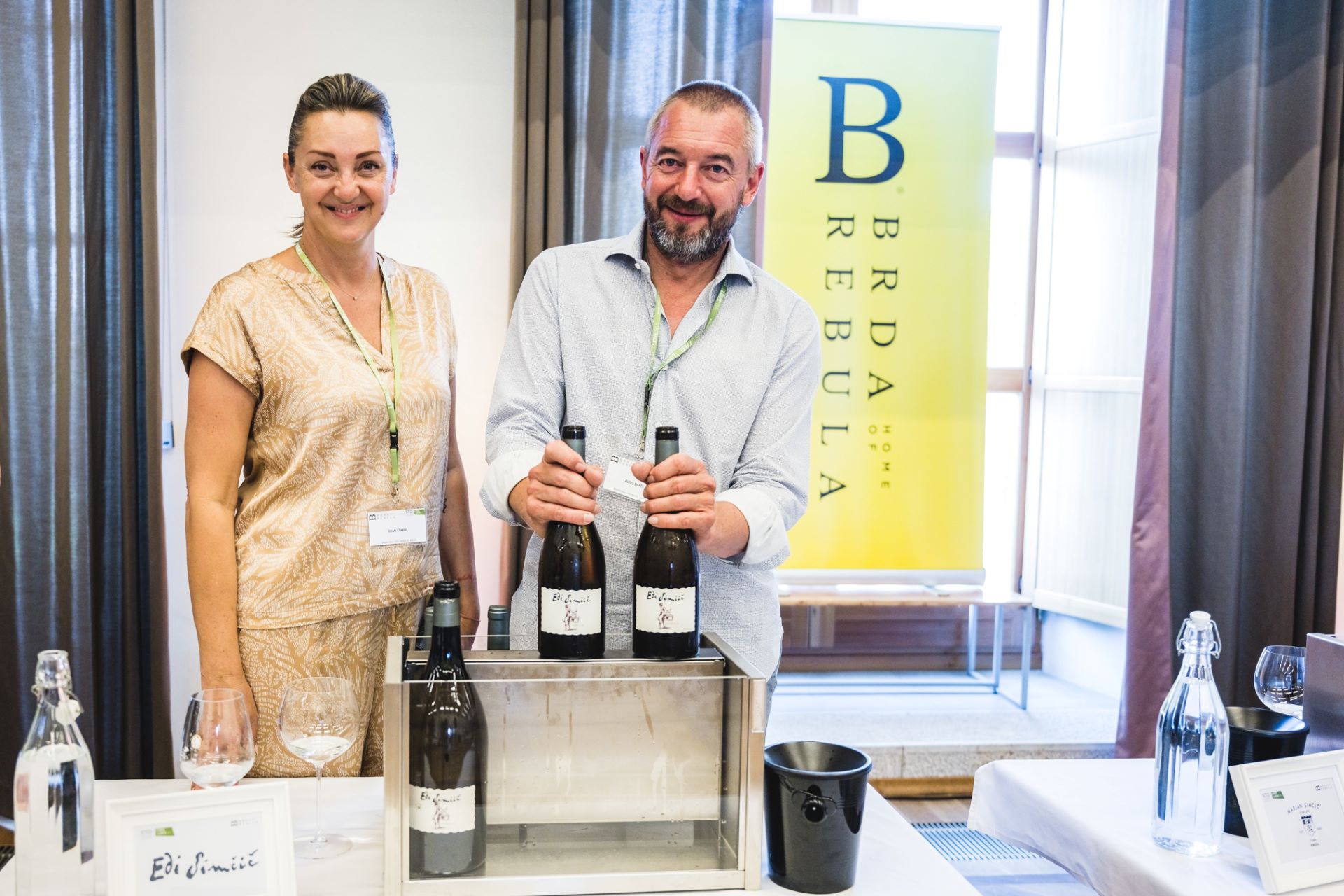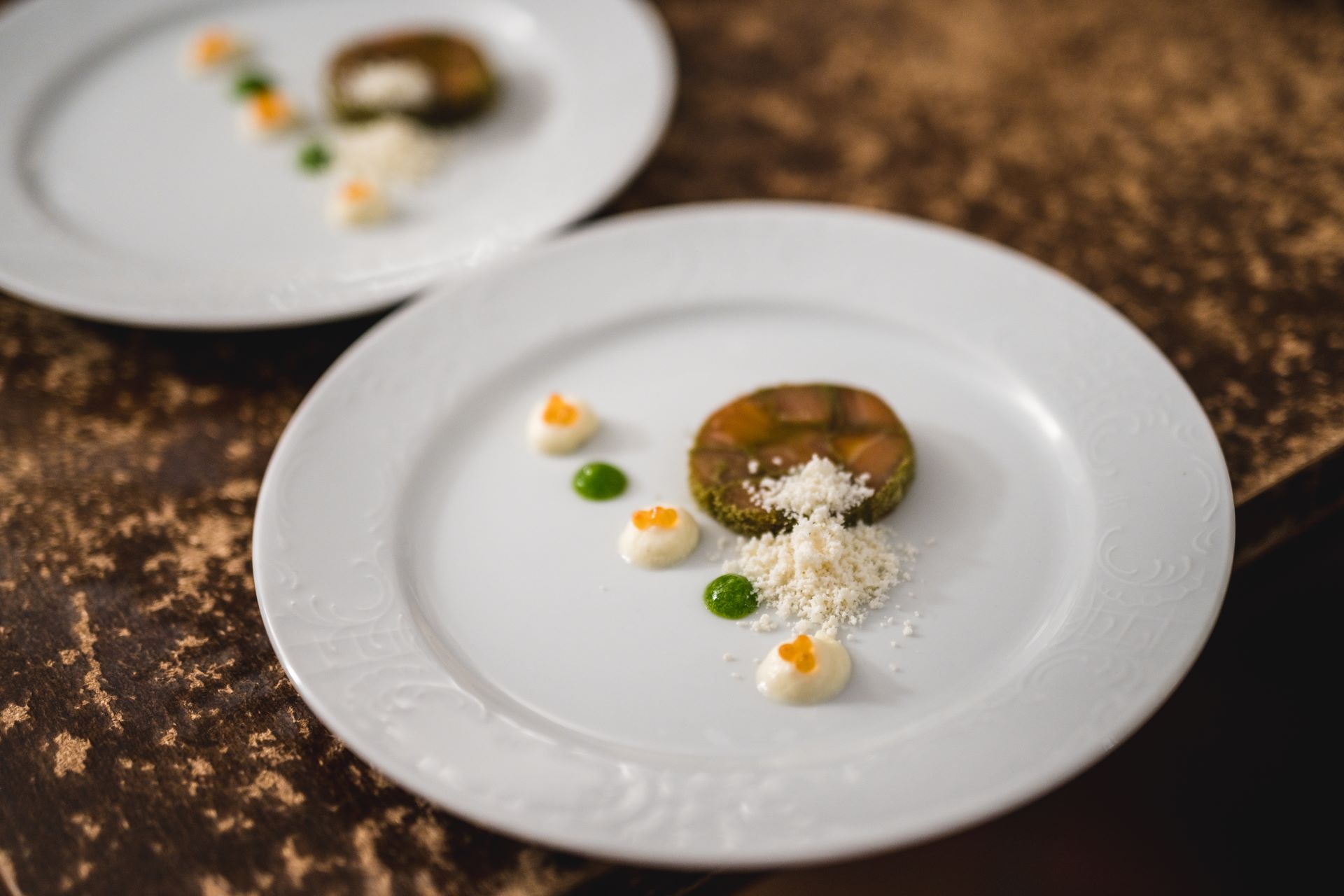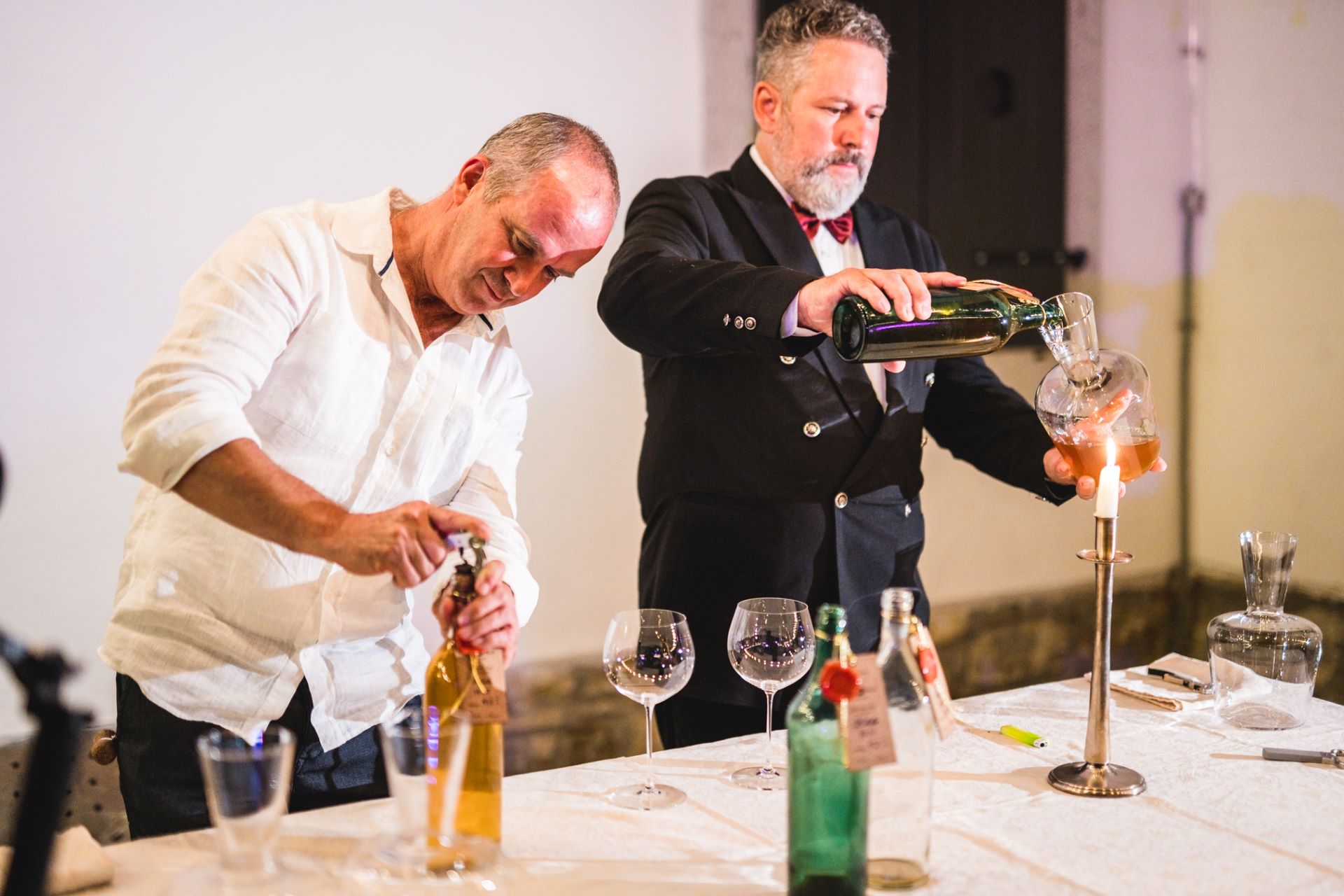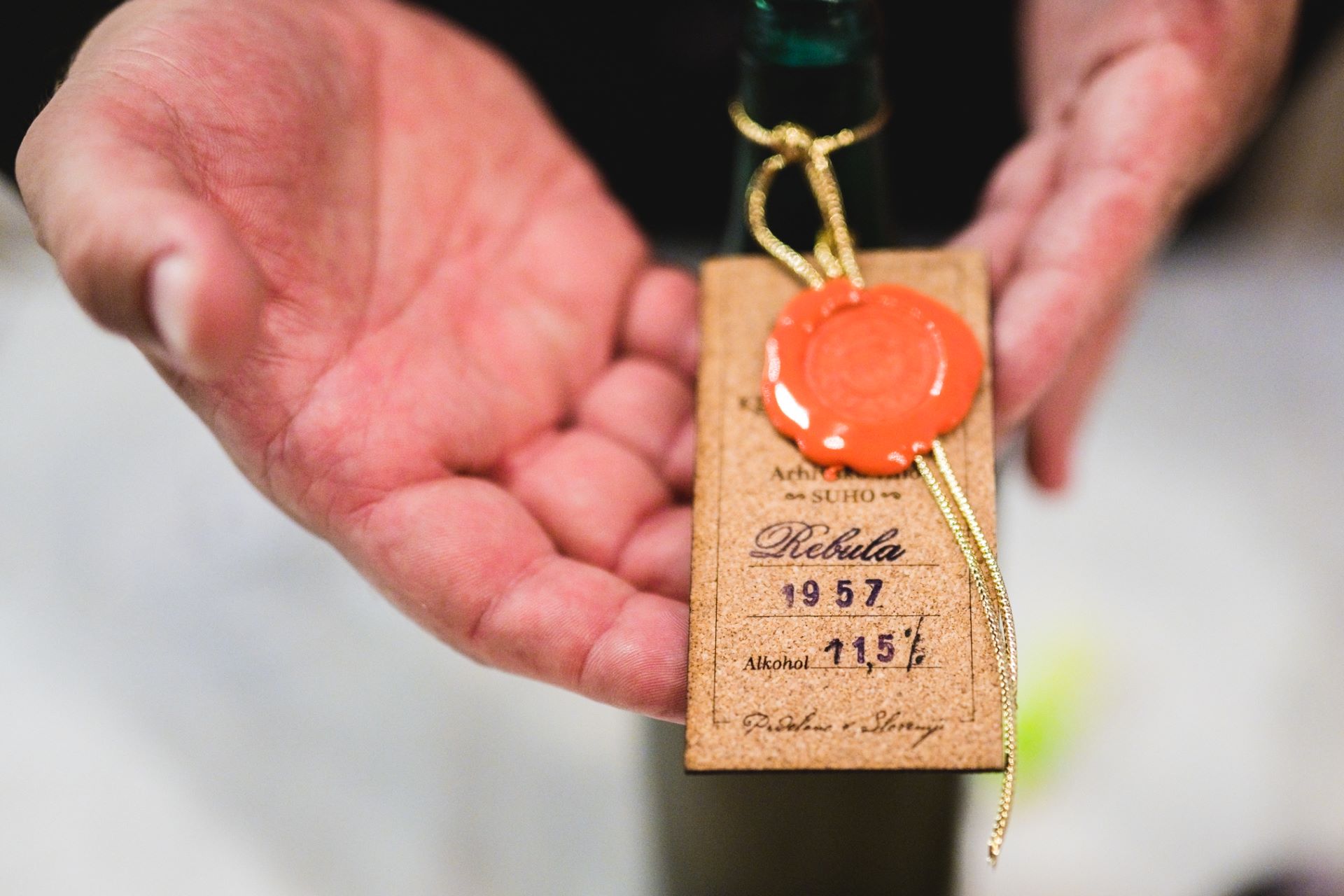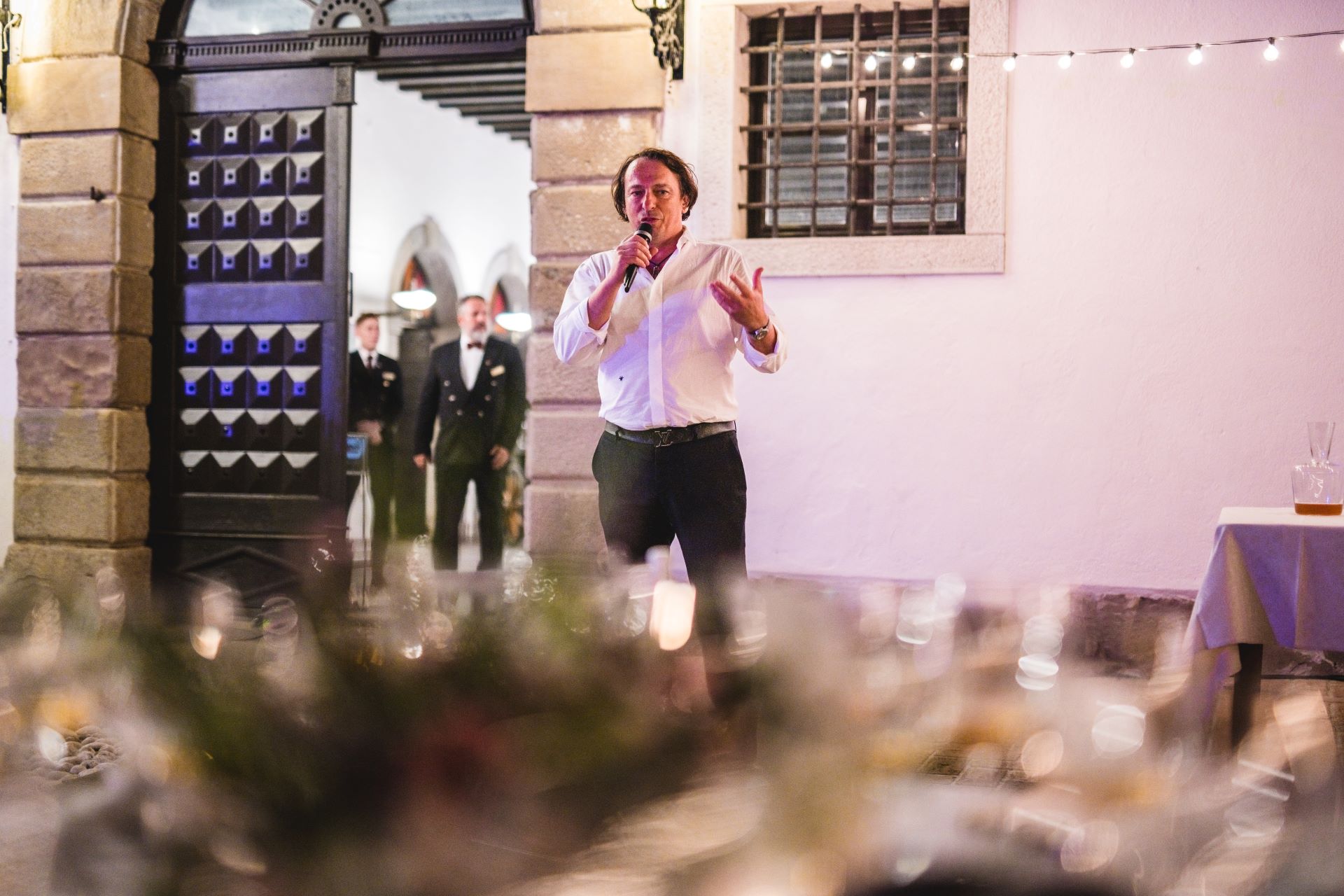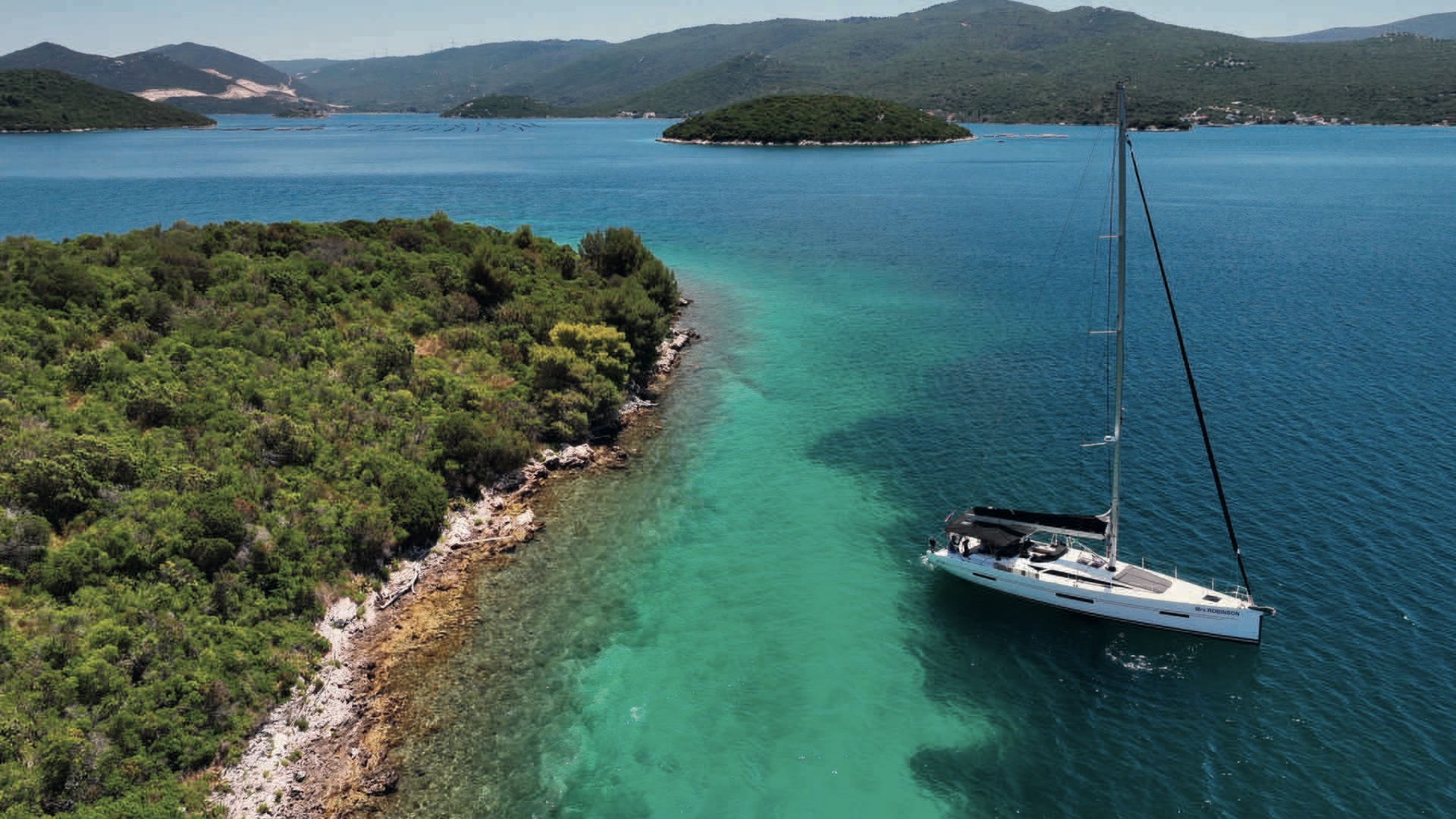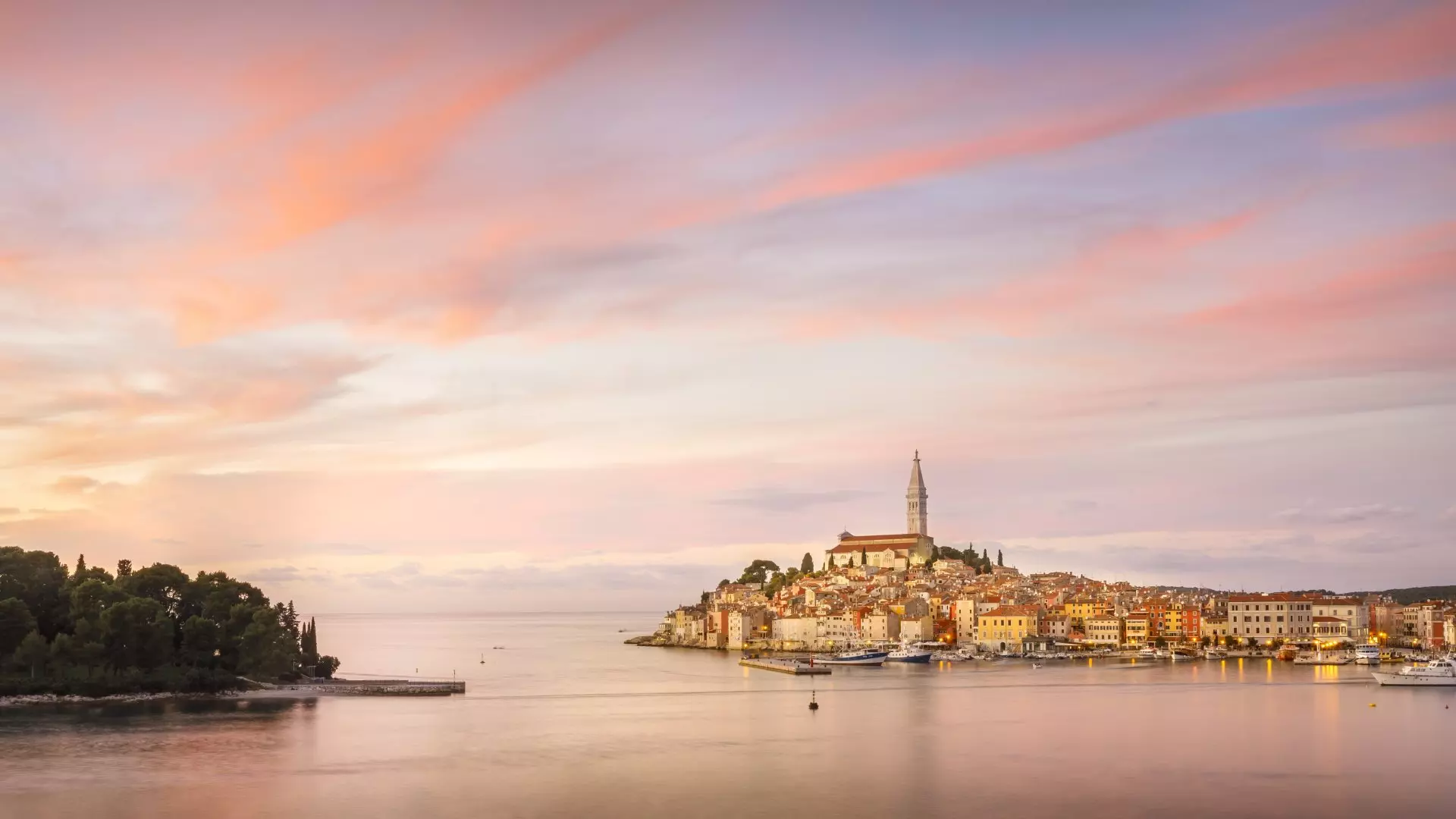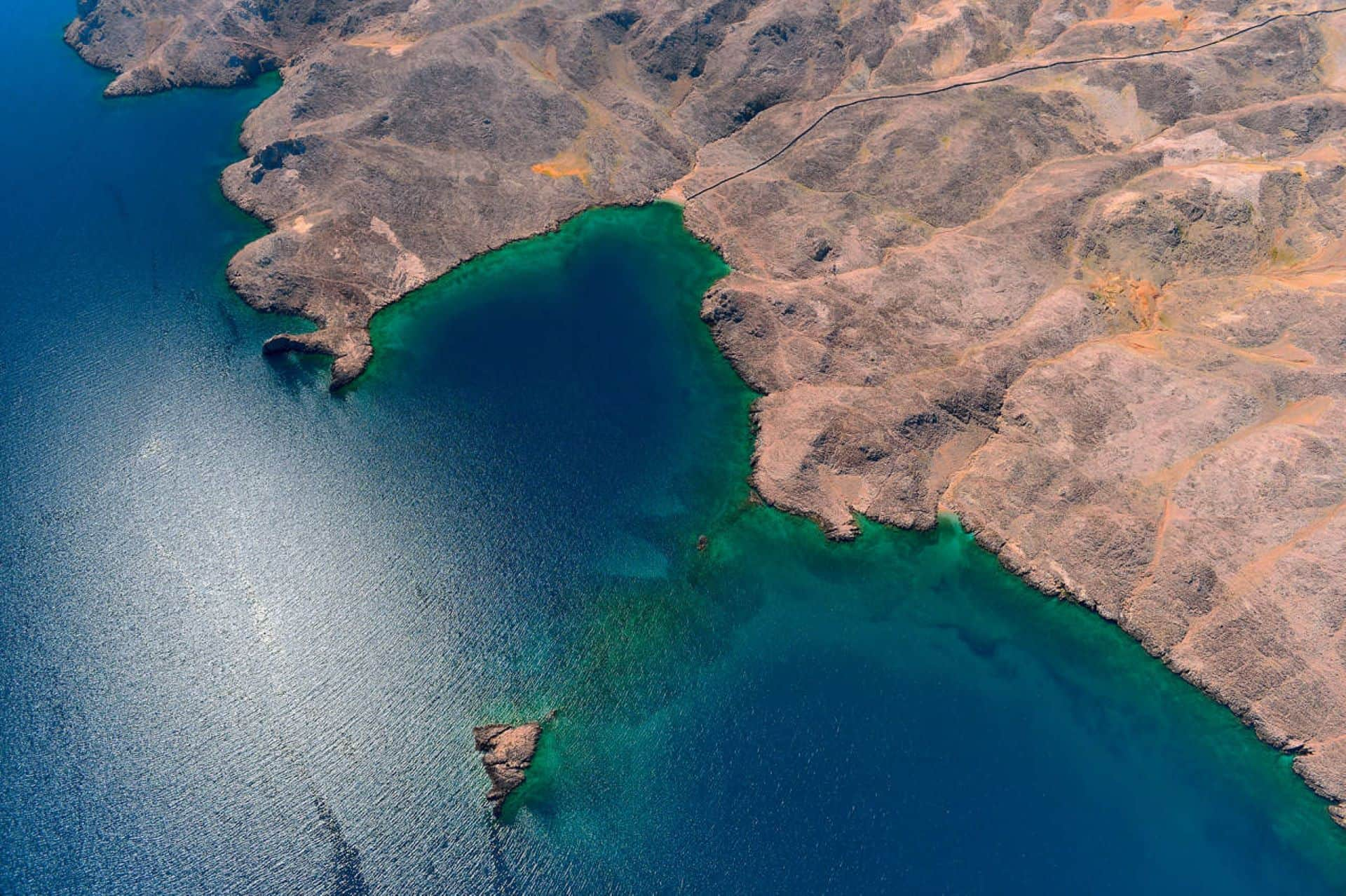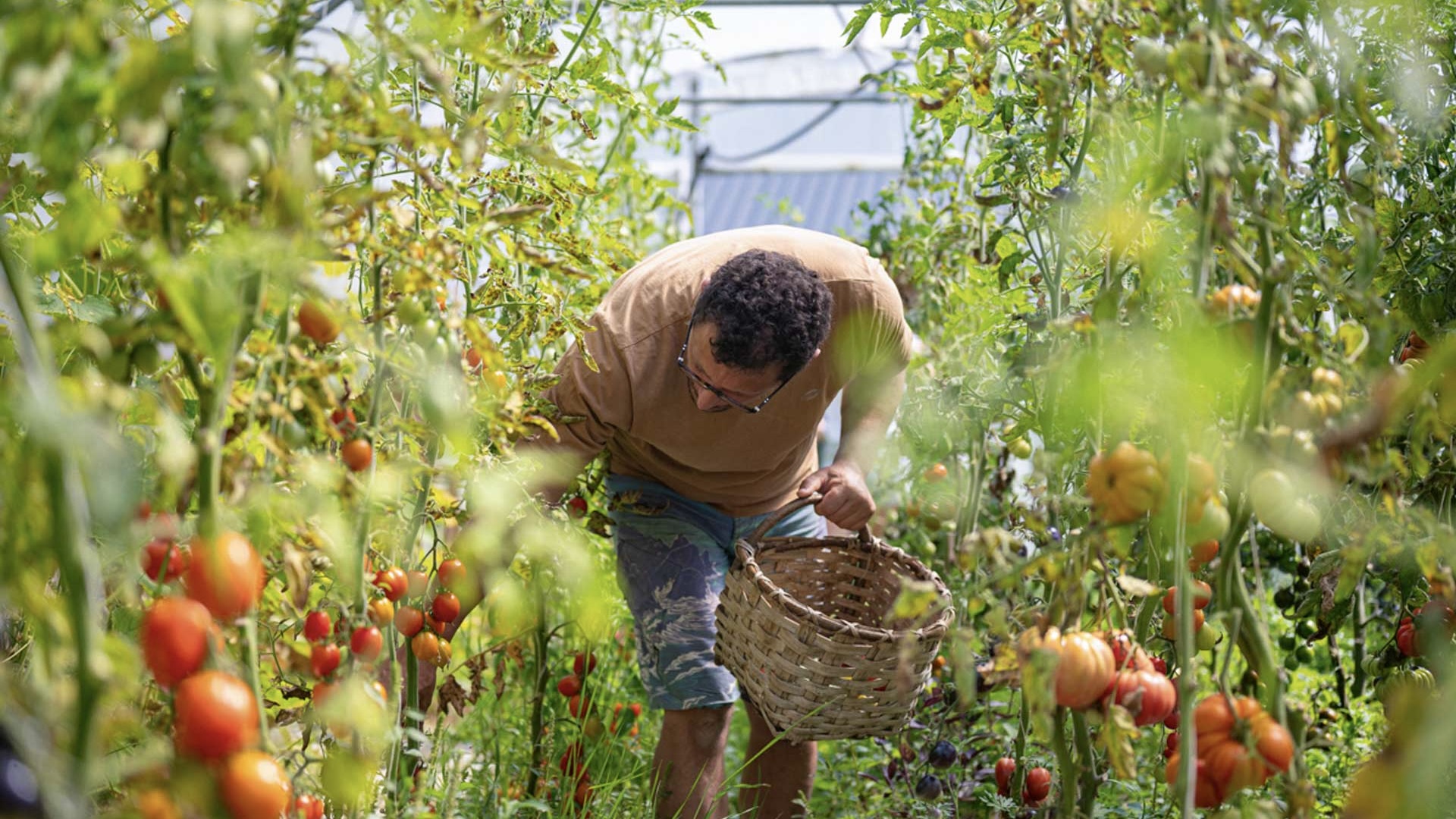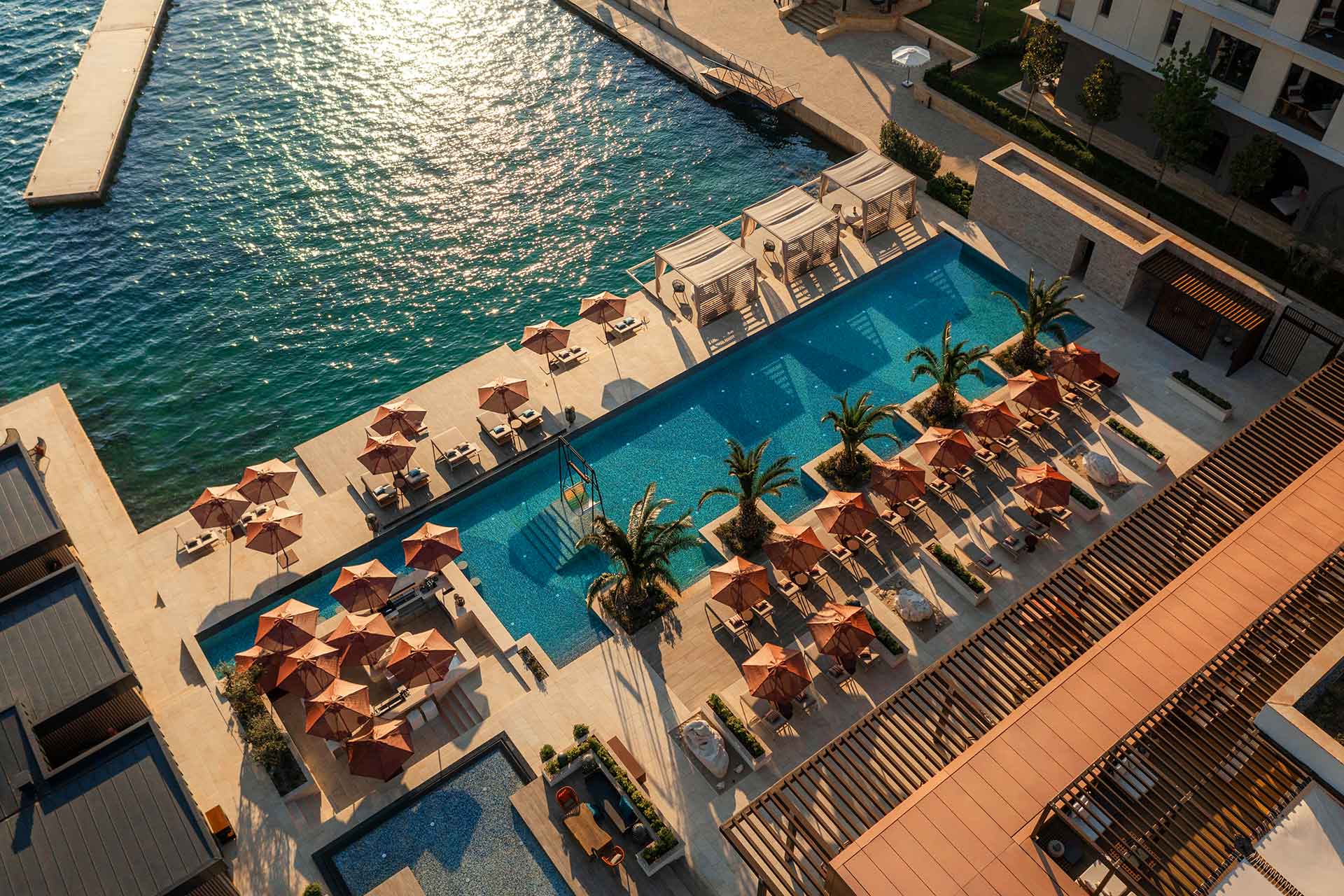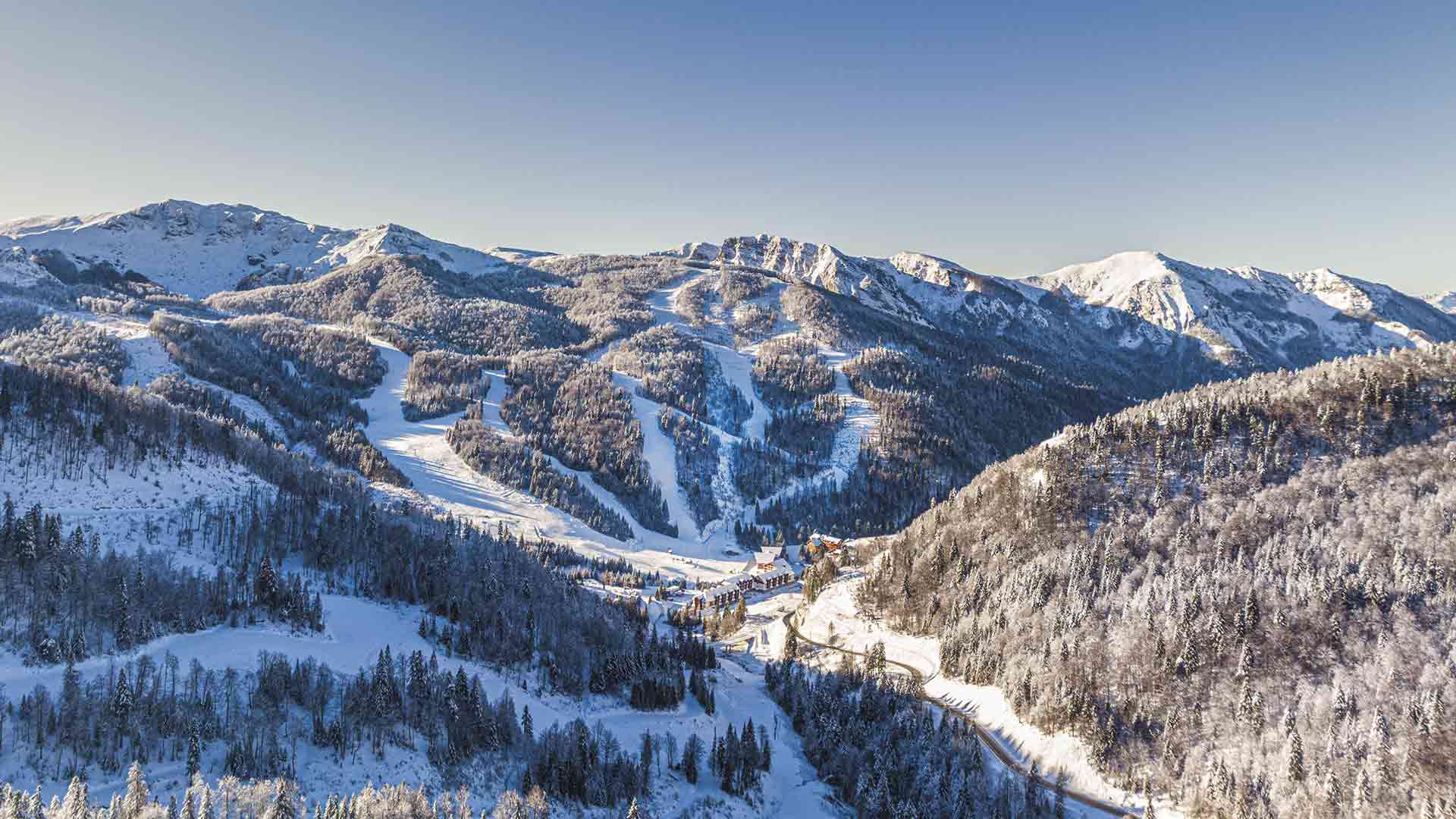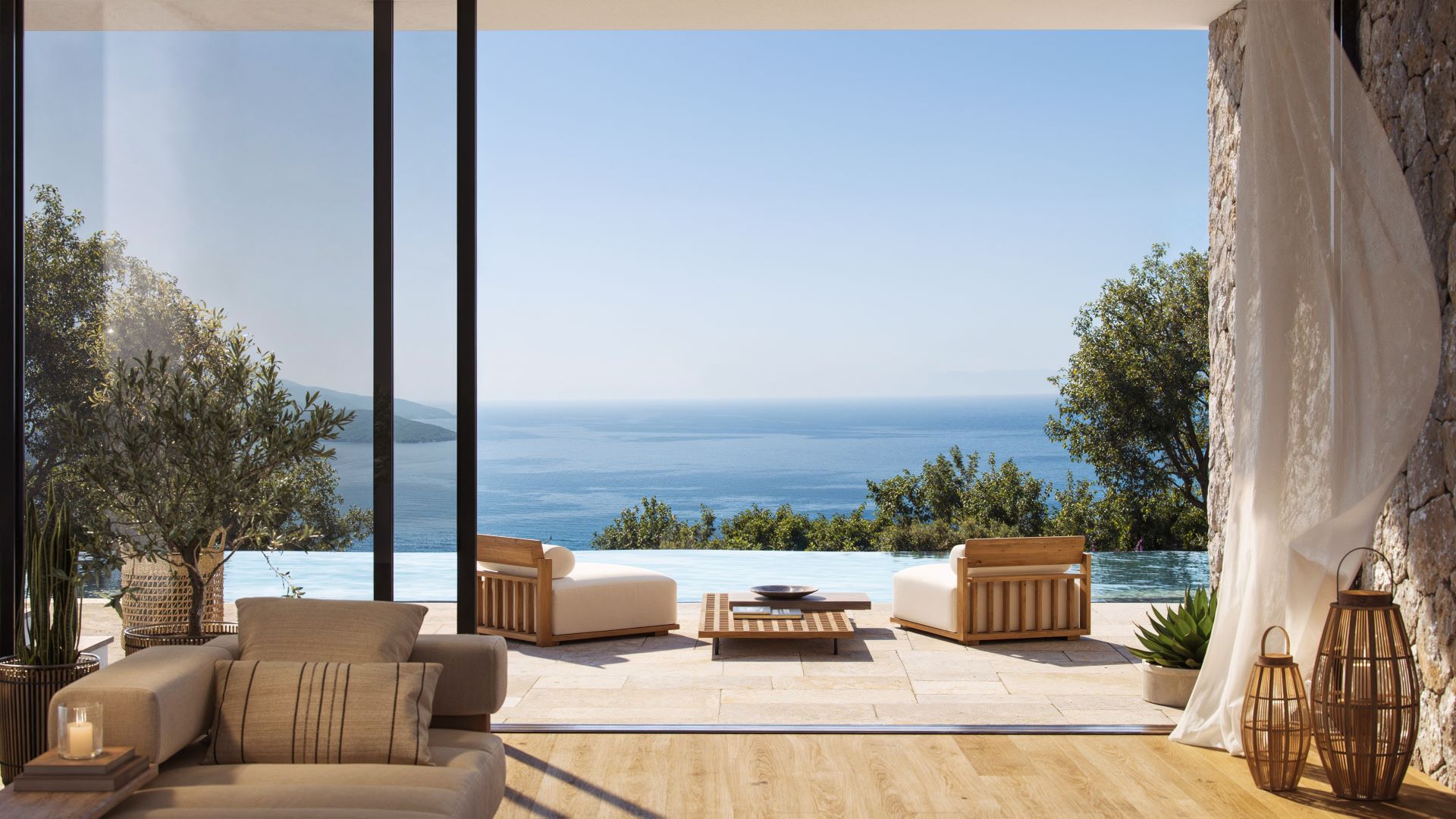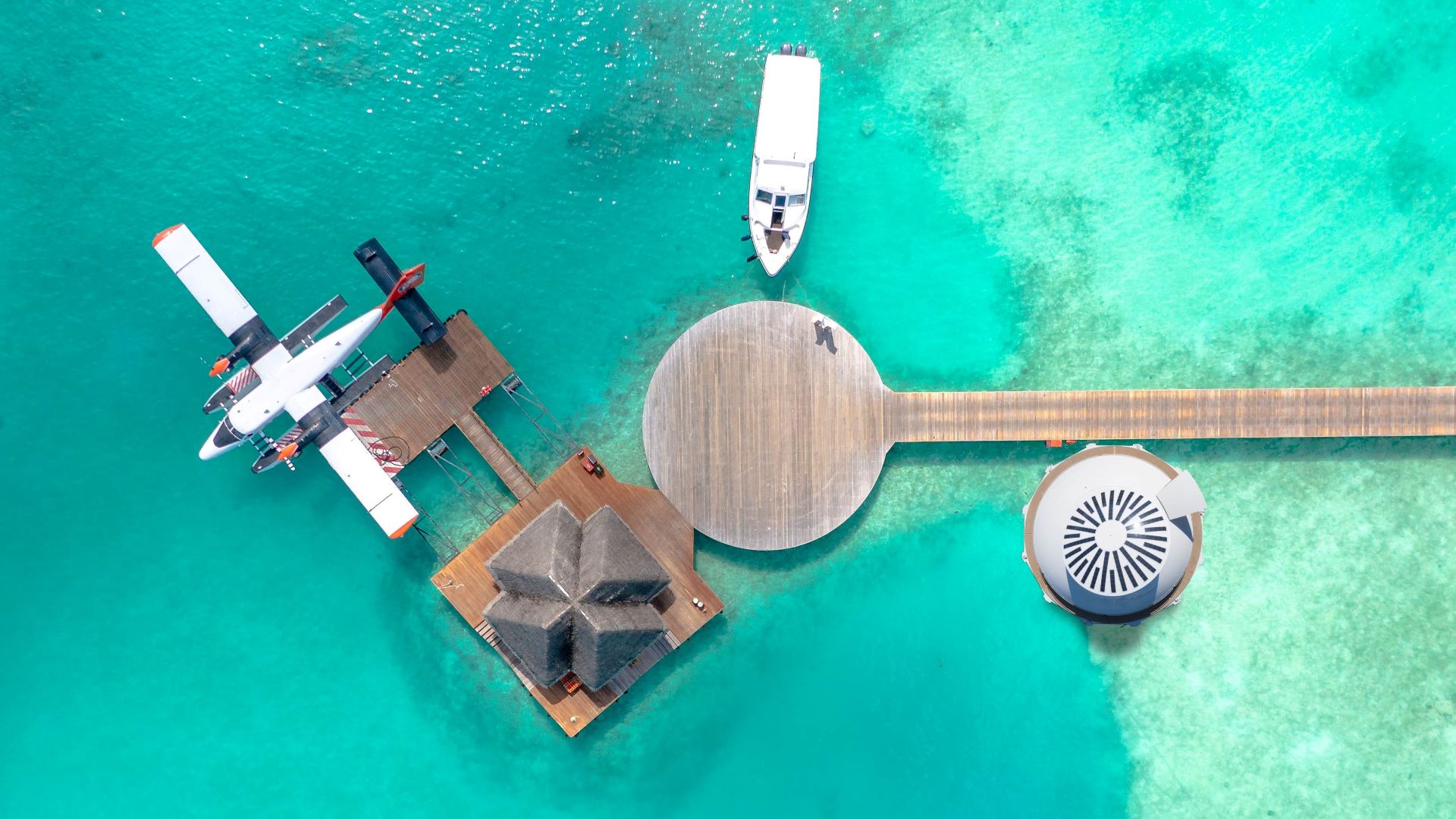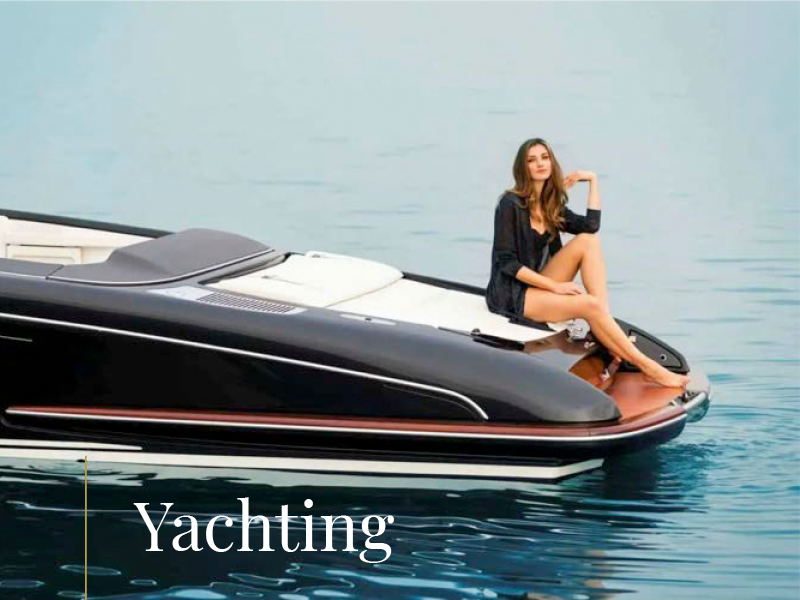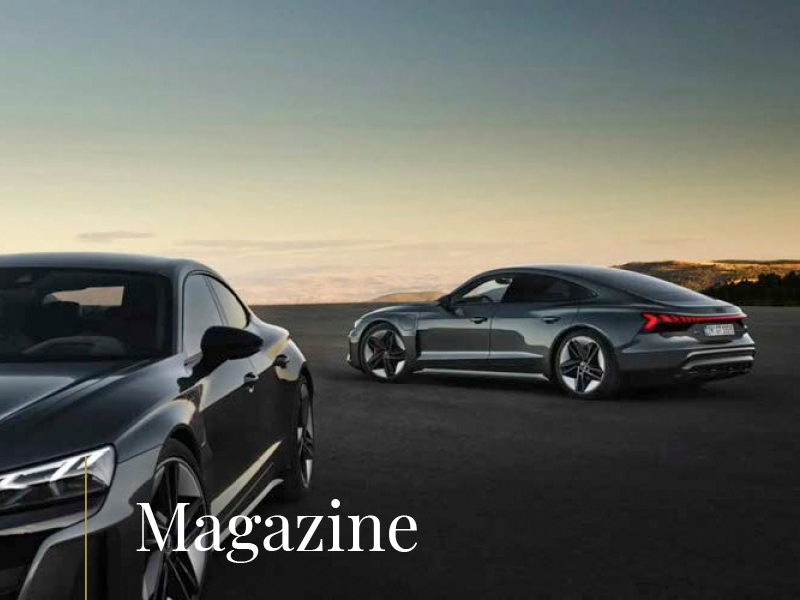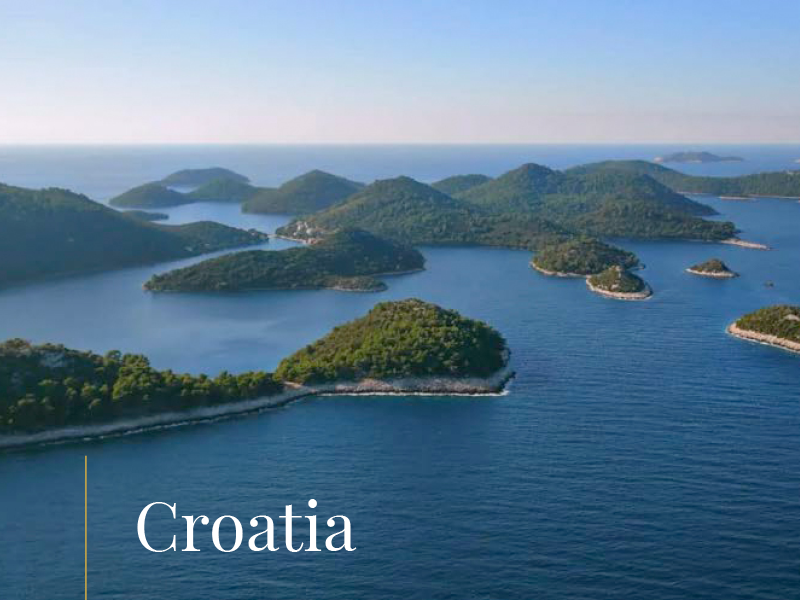The area around Modena is often called Terra dei Motori, or Motor Valley, due to the fact that Ferrari, Lamborghini, Pagani, Maserati and other important octane names in automotive history have been established in that very region. Likewise, the picturesque region of Goriška Brda, or simply Brda, could easily be called the Wine Hills due to its many winemakers, including the pioneer among them Zvonimir Simčič who dedicated his whole life to the cultivation of grape variety called Rebula, making all sorts of wonders from it such as the Golden Rebula.
Located right next to the border with Italy, where the view of the Alps is breathtaking and the winds from the Adriatic Sea gently caress the vineyards, this region has become synonymous with true hedonism, wine-making and good food.
This year the fifth edition of the prestigious Brda – Home of Rebula Exclusive Wine Experience brought together winemakers from one region spanning two countries – Slovenia (Goriška Brda) and Italy (Collio) – with the cross-border indigenous wine variety Rebula, this year saw 13 winemakers from both sides of the border present their best interpretations of this remarkable terroir: Marjan Simčič, Edi Simčič, Dolfo, Ferdinand Wines, Ščurek, Klet Brda, Zanut, Moro, Medot, Erzetič from Slovenia and Kristian Keber, Gradis’ciutta and Jermann from the Italian side of Brda.
The exclusive wine event started on the very first day of this year’s harvest in Goriška Brda and the eve brought the much-awaited rain: an introduction to this year’s topics related to climate change and sustainable aspects of viticulture experienced first-hand. But the rain not only brought a deep breath of relief and nourishment to the roots. It was also the perfect setting for the informal gathering at Ferdinand winery, where the guests tasted fresh 2021 vintage Rebulas to get a first impression. The scenery served up a fantastic backdrop of the setting sun over practically the entire terroir, as it is one of the highest situated estates.
Expert participants from Japan, the UK, Italy, Croatia, Bosnia and Herzegovina and Serbia started the day with a first-hand morning experience in the vineyards where one of the foremost academic experts on Brda’s terroir and the Rebula variety, Dr Denis Rusjan, Associate Professor at the Department of Agronomy at the Faculty of Biotechnics of the University of Ljubljana, introduced them to the characteristics that make Brda’s wines so unique.
First by off-roading between steep terraces over narrow slopes that were barely conquered by four-wheel drive vehicles, they could see why all the grapes in Brda are harvested by hand, how small the vineyards are and how low the load on the vines actually is. With the visible exposed layers of soil on one of the terraces, Dr Rusjan showed the participants in practice the characteristic ‘opoka’ soil of Brda which gives Rebula its distinctive minerality. He also explained the impact of rainfall on the root system of the vines in the depths of the soil, so that the participants could see for themselves how prepared the soil on the terraces is for the coming challenges of climate change. Endemic trees and shrubs surrounding the vineyards are adapted to local conditions, thus also contributing to the mitigation of climate change.
Their great importance lies in the fact that they actually lower the temperatures in the summer heat and raise them in the winter, while providing important shelter for animals. There is a high awareness and respect for sustainable development throughout the region: ‘When we talk about sustainability, we look at the environmental, economic and social aspects, and it is only when they are in balance that we can be successful in sustainability. In Brda, the number of vineyards has been stable for centuries, and over the last 30 years the number of vineyards has remained the same compared to other regions in Slovenia,’ emphasised Dr Rusjan, who concluded by showing the traditional Brda vine training method where branches are tied with willow twigs, the so called ‘baka’.
Uroš Peterc, Director of the Brda Consortium, welcomed the guests to Vila Vipolže at the start of the main part of the exclusive wine event, the much-anticipated vertical tasting of the 2018-2021 Rebula. ‘In Brda, we have 1 900 hectares of vineyards and produce eight million litres of wine, a good quarter of which is Rebula. As much as 28% of the population are registered wine producers. We really live with wine here and we truly love Rebula,’ said Peterc, highlighting three important historical moments for Rebula in this region – the first mention of Rebula in Roman times, the second is the year 1786, when the imperial classification of Rebula was drawn up, which defined nine different classes, and the last one is 2017, the year of the first Masterclass. Now in its fifth edition, the masterclass has become a high-profile exclusive wine event in one of the most exciting white wine terroirs in the world – Brda.
This was followed by a vertical tasting of selected wines from the participating winemakers, led and presented by Gašper Čarman, one of the most prominent wine experts in Slovenia, owner of a wine distribution network, importer of foreign wines and Slovenia’s best sommelier in 2013 and 2015, and Caroline Gilby, Master of Wine from the UK, a renowned wine writer and author specialising in Central and Eastern European wines. They both presented all the wines in detail prior to the tasting.
‘These steep vineyards require a lot of work, they only get 30 to 40 hectolitres per hectare out of them, you can taste how low the load of these vines is in the wine. Two climates meet in this part of the world – mountain and Mediterranean influences give these wines their freshness, vibrancy and minerality,’ said Gilby, pointing out that Rebula wines have become part of the global standard, and the remarkable progress over the last three or four decades is also evidenced by the high marks in the most prestigious Decanter wine awards.
‘In this period of severe drought, most of the vineyards here are green. The roots of the Rebula vines are deep in the soil searching for water themselves, which is an important factor for the future, in response to Mother Nature’s challenges. Rebula is the signature of the region, and we can thank Zvonimir Simčič for preserving it. It is a treasure of the past and of the future,’ she added.
They first presented four classic Rebula wines: Klet Brda – Rebula Quercus 2021, Dolfo – Rumena Rebula 2021, Moro – Rebula 2020, Zanut – Rebula 2019, followed by mature wines: Gradis’ciutta – Sveti Nikolaj Rebula 2019, Jermann Brda Rebula 2018, Ferdinand Rebula Época 2020, Medot Rebula Golden Époque 2020, Ščurek Rebula Up 2020, Edi Simčič Rebula Fojana 2019, Klet Brda – Rebula Bagueri Superior 2019, Erzetič Orbis Rebula 2018, and finally, two wines characterised by prolonged skin contact were presented: Marjan Simčič – Rebula Opoka Medana Jama Cru 2019 and Kristian Keber Brda 2019.
Luca Gardini, today Italy’s most influential wine critic, World’s Best Sommelier in 2010, renowned author of wine articles for several Italian and international publications, owner of the gardininotes.com platform, was among the first to highlight and recognise the potential of Slovenian Rebula in 2017. Gardini has been a regular participant in all previous Masterclasses.
His contribution to paving the way for the international success of Rebula is invaluable, and the trend that followed has been confirmed by many renowned wine writers and media. His outstanding impact on the visibility of Rebula worldwide has earned him the special distinction of Honorary Ambassador of Rebula.
The gala evening was dedicated to the opening of large bottlings and old vintages in four groups: sparkling wine as an aperitif (Medot: Millésime 2012; Dolfo: Spirito), vintages from 2019 to 2016 (Moro: Margherita 2019, Jermann: Visvik 2016, Edi Simčič: Fojana Rebula 2017, Gradis’ciutta: Collio Reserva 2017; Kristian Keber: Brda 2017), vintages from 2013 to 2007 (Ščurek: Rebula Up 2013; Marjan Simčič: Rebula Opoka Medana Jama Cru 2012; Erzetič: Amfora Belo 2011; Zanut: Rebula 2011; Ferdinand: Rebula Época 2007) and the oldest Rebula in Brda, vintage 1957 (Klet Brda).
The closing dinner with these great vintages was created especially for this occasion by Uroš Fakuč, chef and owner of the Michelin-starred restaurant DAM in Nova Gorica. The international wine gurus had a chance to taste and experience that wines made from Rebula grapes are also suitable for long aging and have exceptional potential, confirming that Rebula is also the grape of the future.
The highlight of the evening was the uncorking of the oldest Rebula bottling we have in the Brda region, the 1957 vintage. The mayor of Brda, Franc Mužič, spoke on the occasion, recalling the harvest of this vintage when he was a child: ‘Those were the days when harvests were much later in the year, in those days they were usually in October, it was cold and I remember that we were harvesting in jackets. Specifically for the 1957 vintage, I remember that it was the first time that the winegrowers brought their harvested grapes to the then brand new cooperative cellar and there they were processed into the first wine from this cellar, the 1957 vintage.’
The 1957 vintage is the first and oldest vintage Rebula preserved in the Brda cellar archives and was actually made by the father of the Rebula, Zvonimir Simčič from Medot, who was a long-standing manager of the cooperative cellar in Brda. He was one of the first to see its great potential and believed in Rebula, and he is fondly remembered for his work in preserving the variety – this was his first bottle.
The experienced and skilful hands of Darinko Ribolica, oenologist of the Klet Brda cellar, and the head sommelier of the evening opened three bottles of this 1957 vintage Rebula. This exciting moment was the highlight of the evening offering the participants of this year’s Masterclass a truly once in a lifetime opportunity to taste it.
‘It’s hard to describe a wine that’s older than you are. The remarkable thing about this wine is that it is still alive and still evolving. When this wine was bottled, it was not meant to age, it was not prepared in this way. This means that the quality of the Rebula has helped this wine to survive for such a long time, and at the same time it shows that Rebula has the potential to evolve. The acidity is still there. The nose is of course different than you would expect, but it is strong, rounded. The wine has reached such a high level that it will stay in this condition for a long time to come,’ said Ribolica, toasting the oldest Rebula to be tasted.
Gašper Čarman: ‘My impressions after tasting this bottle are exceptional. To taste a wine that is 65 years old is extraordinary. When we talk about tasting wines that are this old, we usually talk about red wines, Madeira, Port, maybe sweet Tokaji, but certainly not dry white wine. At the same time, to taste an indigenous variety of this vintage that is not from Italy, France or Spain is extraordinary. I have great respect for the people who made this wine in those days. We know that it was not easy, and the political circumstances were not favourable. It was a heroic act, both in the vineyard and in the cellar. It is a special moment for me. When I opened the bottle, I really felt spectacular.’
Gianni Ottogalli, Gambero Rosso: ‘This wine was not made for the archives, it was made to drink within a year or two of its creation. When you drink it, I would say it’s maybe 20-30 years old… 65 never. A really big surprise. It is an honour to have tasted it. Hat off! This wine really shows how much potential Rebula has. We can all really feel as ambassadors of this wine today, seeing what it can offer, what Rebula is capable of.’
‘I believe in Rebula, I love Rebula, I produce Rebula. I have had the opportunity to drink this vintage 1957 of Rebula twice till now, and I can say that tasting a wine like this for the third time in such eminent company and seeing how well perceived it is even among others who are not emotionally connected to the variety, like those of us who live with it, it is a tremendous inspiration for all of us. We see that it is something unique. A wine in such condition, with such vivacity and elegance, can only inspire us. I hope to see you in Brda again, and if we keep this up, I believe that we will be hearing about Rebula for much longer,’ said Marjan Simčič, President of the Brda Consortium, at the conclusion of the evening and the fifth Brda Masterclass – Home of Rebula Exclusive Wine Experience.
This unique wine event which has already established itself as one of the most prominent wine events abroad, is organised by the Brda Consortium together with thirteen renowned Brda wine estates in cooperation with the Institute for Tourism, Culture, Youth and Sport Brda.
Photos Damijan Simčič – Zoso
